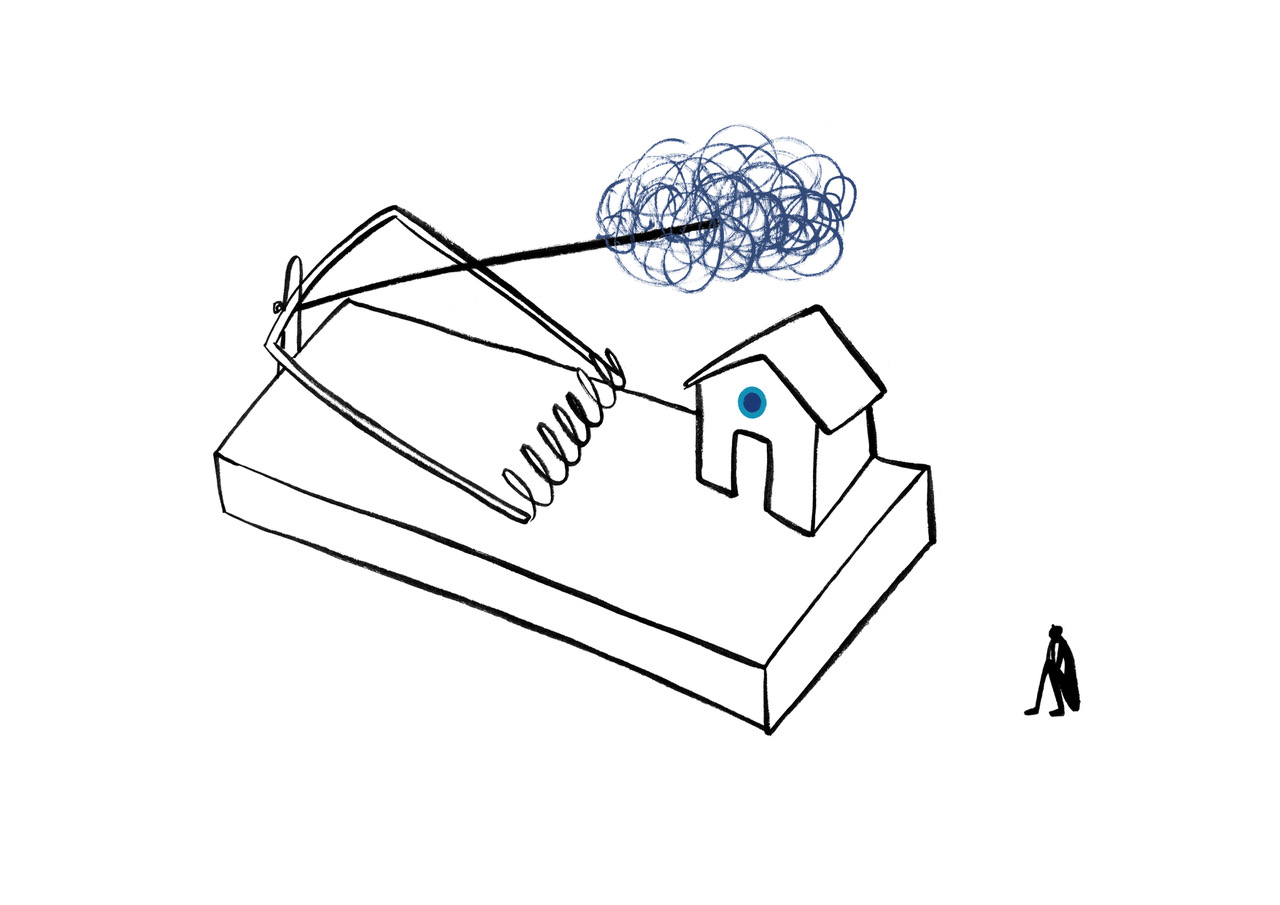Deprivation of liberty
What is the issue?
That countless children around the world are currently deprived of liberty is a global scandal. They can be detained in prisons, immigration detention centres, care institutions, drug treatment centres and mental health facilities. Regardless of the reasons or the settings, there is no denying that depriving children of their liberty in any setting exposes children to risks and makes them incredibly vulnerable.
What is the problem?
No one knows how many children are detained around the world, but we know the harm that detention causes children who are locked up. Separation from their families can be traumatic enough, but they are also at serious risk of violence, neglect, denial of their civil and political rights while in detention, and often face stigma and isolation when they are released.
Detention of children also disrupts their education and can damage future employment prospects. Even where detention is of the most humane standards, the disruption to the lives of children exacerbates the problems they already face.
What is the solution?
It is clear to us that the Convention on the Rights of the Child, read holistically, requires that the only justification for locking up a child is that they have been assessed as posing a serious risk to others’ or their own safety and that that risk cannot be reduced to an acceptable level without their detention.
In these exceptional circumstances, any necessary restriction of liberty must be authorised by a legal process, the child must have independent legal representation, their case must be frequently reviewed, and their detention must not be in a penal setting. And, beyond question, children should never be detained because of their immigration status or because they have no home.
What is happening?
In 2016 work began on a Global Study on Children Deprived of Liberty. This study aimed to investigate the situation of children deprived of liberty around the world, make recommendations on the use of detention for children and set out how States can realise the rights of children who are detained. The Study was presented to the UN General Assembly on 8 October 2019.
To get involved with the implementation of the Study, you can join or contact the NGO Panel for the Global Study, which exists to support civil society to contribute.
What is CRIN doing
Counter-terrorism project
Read more about this project here.
Related areas of focus
Counter-terrorism
Read more on this here.
Resources
More on: Inhuman sentencing
Legal research: Life imprisonment of children around the world
Policy and research: Minimum age of criminal responsibility
Statistics: Numbers of children detained in the criminal justice system
Information page: Children in institutions
Issue page: Children’s rights and counter-terrorism



